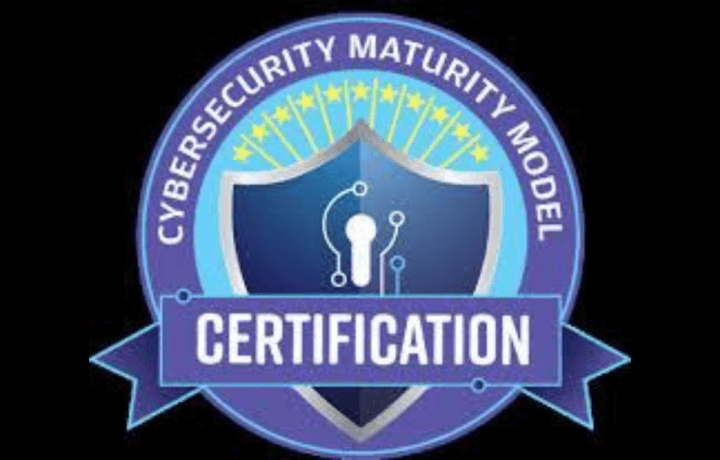As the October 23 deadline swiftly approaches, DoD contractors are under a crunch to assure the Pentagon that they are in compliance with the ban against five Chinese technology providers. Contractors risk being “disapproved” by the DoD if they cannot certify this week that they are not using specific technologies developed by the Chinese companies that have been suspected of hacking into sensitive U.S. government documentation. Without a purge or a waiver, contractors could be subject to civil or criminal charges, per the interim rule identified in July. China’s five companies on the list for DoD contractors to purge from their lineup are: Huawei Technologies Co., ZTE Corp., Hytera, Hikvision and Dahua Technology.
Layoffs Impacting the Defense Industry
| Accenture | With COVID-19 causing project delays or cancellations, Accenture has decided to layoff 5% of its global workforce. CEO Julie Sweet acknowledged the impact of COVID-19 and clients’ cost-cutting measures.
Accenture offers severance packages for employees impacted by the layoffs. Indicators point to the similar amounts leaving the organization yearly. With about half a million employees, different teams and industries could be impacted globally. |
|---|
Technology restrictions aren’t the only interim rule that DoD contractors have to follow. With the Cybersecurity Maturity Model Certification (CMMC) program plan now in effect. as of November 30, contractors will need to continue to comply with the security controls in the NIST SP 800-171. SecureXperts was selected by the CMMC Accreditation Body (CMMC-AB) as an approved vendor to support the certification, accreditation, and licensing process. The CMMC-AB is the authorized ecosystem that oversees the training, credentialing, and accreditation.
Darnell Washington, President/CEO of SecureXperts Incorporated stated, “for many years Security integrators that previously absconded their ability to address appropriate cybersecurity controls within their product catalog in the past now must establish compliance with a federal standard that finally has teeth”.
Hiring impacting the Defense Industry
| Northrop Grumman | With over 2,000 cleared and open positions, Northrop Grumman has opportunities across the country and around the world, supporting national security. In Utah, the organization continues expansion with new projects that are under contract.
“We’re on track to actually add a lot more over the next few months, and that trend is expected to continue over the next few years,” said Katie Qian, director of Air Force programs at Northrop Grumman. “Being a technical company, we are looking for lots of engineers, but on top of that, just all sorts of positions. Everything from entry-level technicians and engineers to experienced managers to contracts and finance, administration — all kinds of positions as part of the immense growth that we’re experiencing right now.” Northrop Grumman’s presence in Utah continues to support the local economy’s response to the pandemic. “Utah’s economy continues along its path of improvement. The unemployment rate dropped again and remains one of the nation’s lowest,” said Department of Workforce Services chief economist Mark Knold. “While the overall pace of job re-engagement is unchanged from July, there was an underlying employment improvement in the private sector, which is the Utah economy’s foundational and market-driven component. It speaks to the energy and prospects within the Utah economy.” |
|---|
Opportunity to Watch
The DoD released an unclassified portion of its Irregular Warfare (IW) Annex to the current National Defense Strategy.
“Officials hope this summary reassures the American public, allies, partners and the international community of the department’s strongest commitment to be proactive against the security challenges confronting the nation,” Joe Francescon, deputy assistant secretary of defense for special operations and combatting terrorism said.
U.S. adversaries, like China and Russia, also use IW tactics. The DoD’s annex to the National Defense Strategy provides a path for dealing with adversaries without an act of conventional warfare. The Pentagon calls for support from allies and industry to assist in the U.S. With IW strategies in training curriculum based on lessons learned from past efforts in Vietnam, Iraq, and Afghanistan, defense contractors should be prepared to find tools to assist the DoD in their IW strategy.



